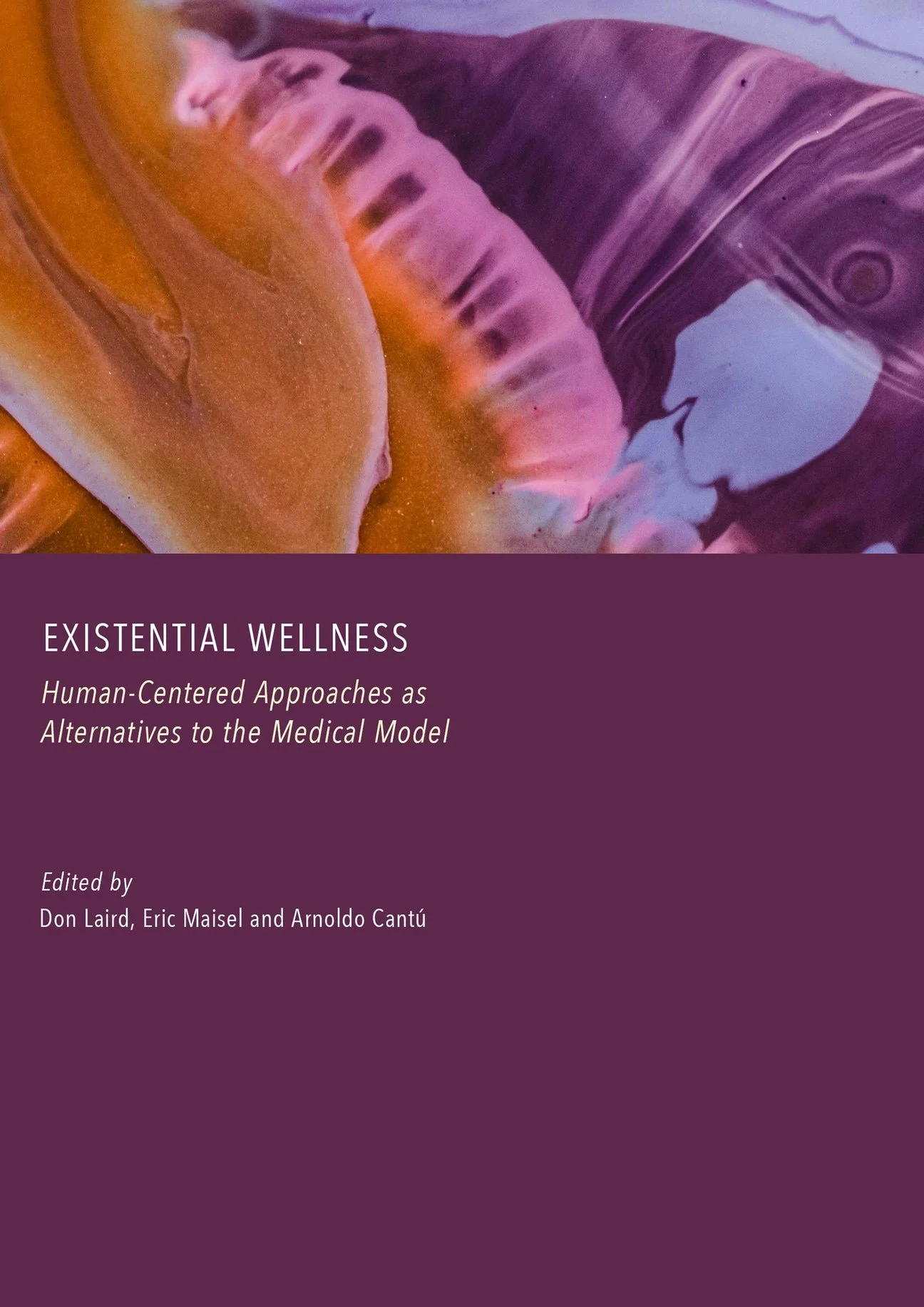Trauma and existence
Traumatic experiences can give rise to unfathomable pain, tormenting distress, incomprehensible horror, torturous terror, and a deep sense of existential loneliness and isolation. The impacts of trauma reverberate through our relationships with our body, ourselves, our relationships with others, time and space, and the world around us.
My focus is on interpersonal traumas. These are the experiences of direct relationships, interactions and encounters between two or more people, in which there are actual or threatened death, injury, harm, or violence. The encounters can be one-off attacks or an enduring series of experiences. This definition includes; neglect of a child or adult, child, peer and domestic abuse (including emotional, psychological, physical, sexual forms, controlling, humiliating and coercive behaviour, grooming, and gang membership), physical or sexual violence (including rape, assault, attacks, people trafficking), torture, inhuman and degrading treatment (including some culturally specific practices such as female genital mutilation).
Interpersonal traumas are deep existential betrayals of our connectedness with people in our lives, others in the world, and the systems and structures that ought to protect us.
Existential approaches
I have researched and written about existential and phenomenological approaches to interpersonal trauma. In my approach, our experiences of trauma are understood as also being confrontations with what it means to exist, and the givens of our existence. These existential givens include; we are all born into a situation not of our choosing (our natality and contextuality), we all are interdependent on other humans and non-human animals in the world (our relatedness), we have the ability to grow and change (our emergence and becoming), and we will all one day die (our finitude). Whilst our existential givens are described in different ways depending on our societal, cultural, sub-cultural, spiritual and familial contexts, all humans face them in our lives.
Trauma is a direct, shocking, terrifying and horrific confrontation with our existence. The experience can be so painful and overwhelming that we experience a de-anchoring, and a sense of incomprehensibility in our existence. Paradoxically, traumatic experiences can also give rise to new meanings and purposes, and expose us to hitherto unknown potentialities and possibilities in our lives. The synthesis of trauma as both devastating to, and emancipating us from, our lifeworlds is a terrifying realisation for some of us, and a liberatory prospect for others.
My approach to existential psychotherapy explores the ways in which we have re-illusioned, disillusioned and (re)(dis)illusioned ourselves in in relation to these traumatic existential confrontations. We also explore the ways in which contextual, systemic and familial factors have influenced and impacted the ways we have made meaning of these experiences. For many of us, trauma is so overwhelming that it results in very specific constrictive and/or expansive effects across the ways we experience our body, self, time, space, relationships and our worlds. For some of us it gives rise to more liminal ways of existing (including dissociative states which existentially we call existing-out-of-time-and-space). Not all of these impacts are held at a conscious level, and so we can experience distortions, refractions and fragmentations in our dreams, memories and actions that can be very unsettling and confusing.
Existential psychotherapy and analysis offers exploration and insight into these constrictions and expansions, and the ways we build them into our life projects, and ways we live our life (what I call our modes of existing). The process of psychotherapy cultivates greater clarity and understanding. It also creates the potential for re-anchoring and comprehending our existence in new ways. This in turn enables growthful changes in our relationships with our body, self, others and the world around us.
You can read more detailed accounts of existential approaches to interpersonal trauma in my recent and forthcoming works:
An Existential Approach to Interpersonal Trauma (Routledge, 2022).
‘Trauma and existence: existential-humanistic understandings of trauma, with existential-analytic and phenomenological implications for practice’ in S. Wharne (ed) Psychological Growth Following Trauma. (Routledge, 2025).
‘Existential anchorage: phenomenological notes on the pursuit of existential wellness in the wake of interpersonal violence’ in Maisel, E., Cantu, A. & Laird, D. (Eds.) Existential wellness: human-centered approaches as alternatives to the medical model. (Ethics International Press, 2026).
Further publications available here.
© Marc Boaz 2026 is licensed under CC BY-NC-SA 4.0
An Existential Approach to Interpersonal Trauma (Routledge, 2022).
‘An Existential Approach to Interpersonal Trauma’ provides a new existential framework for understanding the experiences of interpersonal trauma building on reflections from Marc Boaz’s own personal history, clinical insight, and research.
The book suggests that psychology, psychotherapy and existentialism do not recognise the significance of the existential movements that occur in traumatic confrontations with reality. By considering what people find at the limits and boundaries of human experiencing, Boaz describes the ways in which they can disillusion and re-illusion themselves, and how this becomes incorporated into their modes of existing in the world and in relation to others. In incorporating the experience of trauma into the way people live – all the existential horror, terror and liberation contained within it – Boaz invites them to embrace an expansive ethic of (re)(dis)covery. This ethic recognises the ambiguity and spectrality of interpersonal trauma, and expands the horizons of our human relationships.
Find out more about the book and order a copy here, online, or at your local bookshop.
Chapter 15: Trauma and Existence: existential-humanistic understandings of trauma, with existential-analytic and phenomenological implications for practice (2025).
This chapter delves into, and critiques, some existential-humanistic approaches to trauma as a shattering of worldviews. It uses insights from existential analysis and phenomenology to suggest that trauma can result in an existential de-anchoring and incomprehensibility of our existence.
It turns to consider how phenomenological approaches, including cultivating ontography, reflexivity and embracing our daimonics can provide the ground for re-anchorage, a comprehensibility of existence and experimentation with new modes of existence.
Find out more about the book and order a copy here, online, or at your local bookshop.
Chapter 8: Existential anchorage: phenomenological notes on the pursuit of existential wellness in the wake of interpersonal violence (2026).
This chapter offers phenomenological notes on the concept of existential anchorage and de-anchorage following experiences of interpersonal violence and #trauma. I delve into a reconceptualisation of the resulting experiences of comprehension and incomprehension of existence. Through this I consider the ways in which we embody lived questions and metaphors resulting from traumatic encounters, drawing on descriptions of dissociation. I then, conclude with applications in counselling and psychotherapy.
Find out more about the book and order a copy here, online, or at your local bookshop.





